-
Liquor bottles
-
Vodka Glass Bottle
 Vodka Glass Bottle
Vodka Glass BottleVodka glass bottle is made of super flint glass; food and beverage safe; 100% recyclable. The glass bottles are crystal transparent with thick bottom. Shape and capacity of vodka glass bottle can be personalized. Logo engraved or printed, painted, sprayed are acceptable.
More >> -
Whisky Glass Bottle
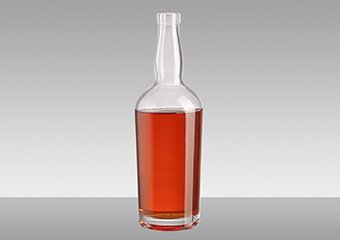 Whisky Glass Bottle
Whisky Glass Bottle100ml-1750ml clear whisky glass bottles Whisky glass bottle is made of super flint glass; food and beverage safe; 100% recyclable. The glass bottles are crystal transparent with thick bottom. Shape and capacity of whisky glass bottle can be personalized. Logo engraved or printed, painted, sprayed are acceptable.
More >> -
Brandy Glass Bottle
 Brandy Glass Bottle
Brandy Glass BottleBrandy glass bottle is made of super flint glass, in premium quality; food and beverage safe; 100% recyclable. Capacity of brandy glass bottles range from 50ml to 1000ml. Accessory such as cap, shrink film for cap can be offered together. Your brand name and logo can be engraved or printed on bottle. If you want your own glass bottle to be unique, we can design as your ideas and make a special bottle for you.
More >> -
Gin Glass Bottle
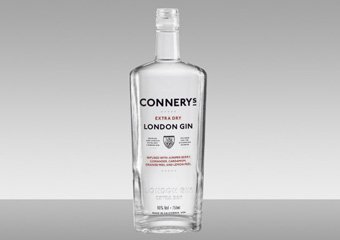 Gin Glass Bottle
Gin Glass Bottle50ml-1000ml crystal clear gin glass bottles Gin glass bottle is made of super flint glass; food and beverage safe; 100% recyclable. The glass bottles are crystal transparent with thick bottom. Shape and capacity of whisky glass bottle can be personalized. Logo engraved or printed, painted, sprayed are acceptable.
More >> -
Tequila Glass Bottle
 Tequila Glass Bottle
Tequila Glass BottleTequila glass bottle is made of super flint glass; food and beverage safe; 100% recyclable. The glass bottles are crystal transparent with thick bottom. Shape and capacity of tequila glass bottle can be personalized. Logo engraved or printed, painted, sprayed are acceptable.
More >> -
Special Handling Bottle
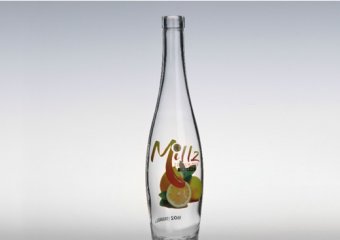 Special Handling Bottle More >>
Special Handling Bottle More >> -
Rum Glass Bottle
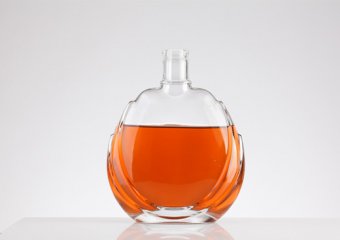 Rum Glass Bottle More >>
Rum Glass Bottle More >>
-
Vodka Glass Bottle
-
Beverage bottles
-
Beverage bottles
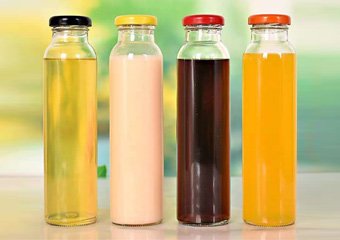 Beverage bottles
Beverage bottlesBeverage glass bottle is made of super flint glass, in premium quality; food and beverage safe; 100% recyclable. Capacity of brandy glass bottles range from 50ml to 1000ml. Accessory such as cap, shrink film for cap can be offered together. Your brand name and logo can be engraved or printed on bottle. If you want your own glass bottle to be unique, we can design as your ideas and make a special bottle for you.
More >>
-
Beverage bottles
- Glass containers
- Customized Bottles










